A Covid-19 patient in Melbourne experienced a flood of tests to delineate a wide scope of insusceptible reactions to the coronavirus, giving hints about the body's capacity to fight the pneumonia-causing pathogen.
Blood tests tried at four diverse time focuses demonstrated the 47-year-elderly person created white platelets that focused infection tainted cells and prodded the creation of antibodies that drove her recuperation 10 days after building up a mellow to-direct sickness that necessary hospitalization.
Her case, detailed Monday in the diary Nature Medicine and a bunch of others concentrated by analysts at Melbourne's Peter Doherty Institute for Infection and Immunity are assisting with recognizing insusceptible framework designs that may assist specialists with distinguishing the one-in-five patients liable to build up a serious or basic type of Covid-19.
"We should break down countless Covid-19 patients," said Katherine Kedzierska, an educator of microbiology and immunology at the University of Melbourne who co-created the paper. "Yet, it is conceivable that having all the information, we may discover insusceptible markers foreseeing recuperation, which would be extremely imperative to know which patients are in danger of serious Covid-19 ailment when they get admitted to the clinic."
Blood tests on the patient, who had gone from the focal Chinese city of Wuhan before getting sick in Melbourne, demonstrated she delivered some irritation because of the novel coronavirus, yet not the conceivably deadly, crazy structure that can destroy insusceptible reactions worked superbly," said Kedzierska, who has been examining the resistant reaction to viral diseases for as far back as 20 years, in a telephone meet. The patient's controlled aggravation kept away from significant levels of supposed cytokines and chemokines - proteins that demonstrate irritation is flaring crazy.
Kedzierska and associates recognized antibodies against the Covid-19 infection in the patient's blood before her manifestations settled. The analysts are presently attempting to comprehend the "immunological memory" of the disease. That will offer pieces of information about whether the patient's immunizer reaction is adequate to ensure her against consequent contamination, and assuming this is the case, to what extent.
The discoveries will likewise illuminate strategies to evaluate the improvement regarding defensive immunization up-and-comers, the specialists said.
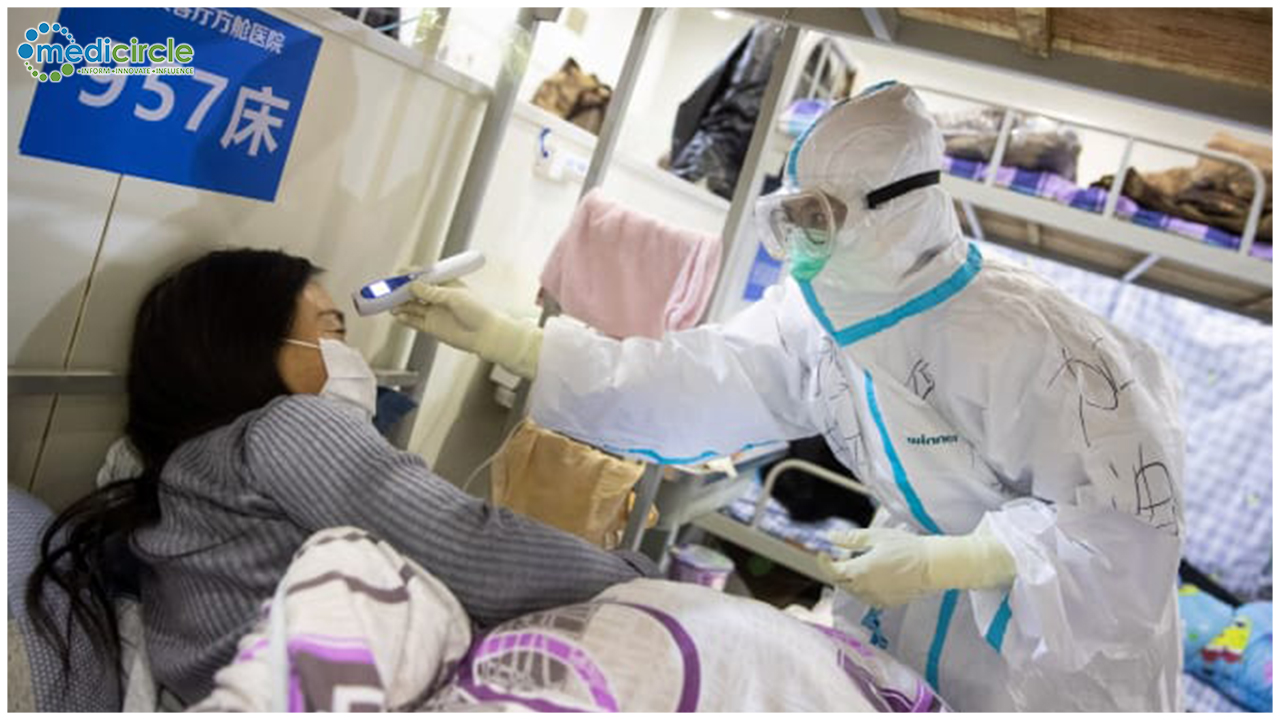
 Her case and a bunch of others concentrated by analysts at Melbourne's Peter Doherty Institute for Infection and Immunity are assisting with distinguishing invulnerable framework designs
Her case and a bunch of others concentrated by analysts at Melbourne's Peter Doherty Institute for Infection and Immunity are assisting with distinguishing invulnerable framework designs




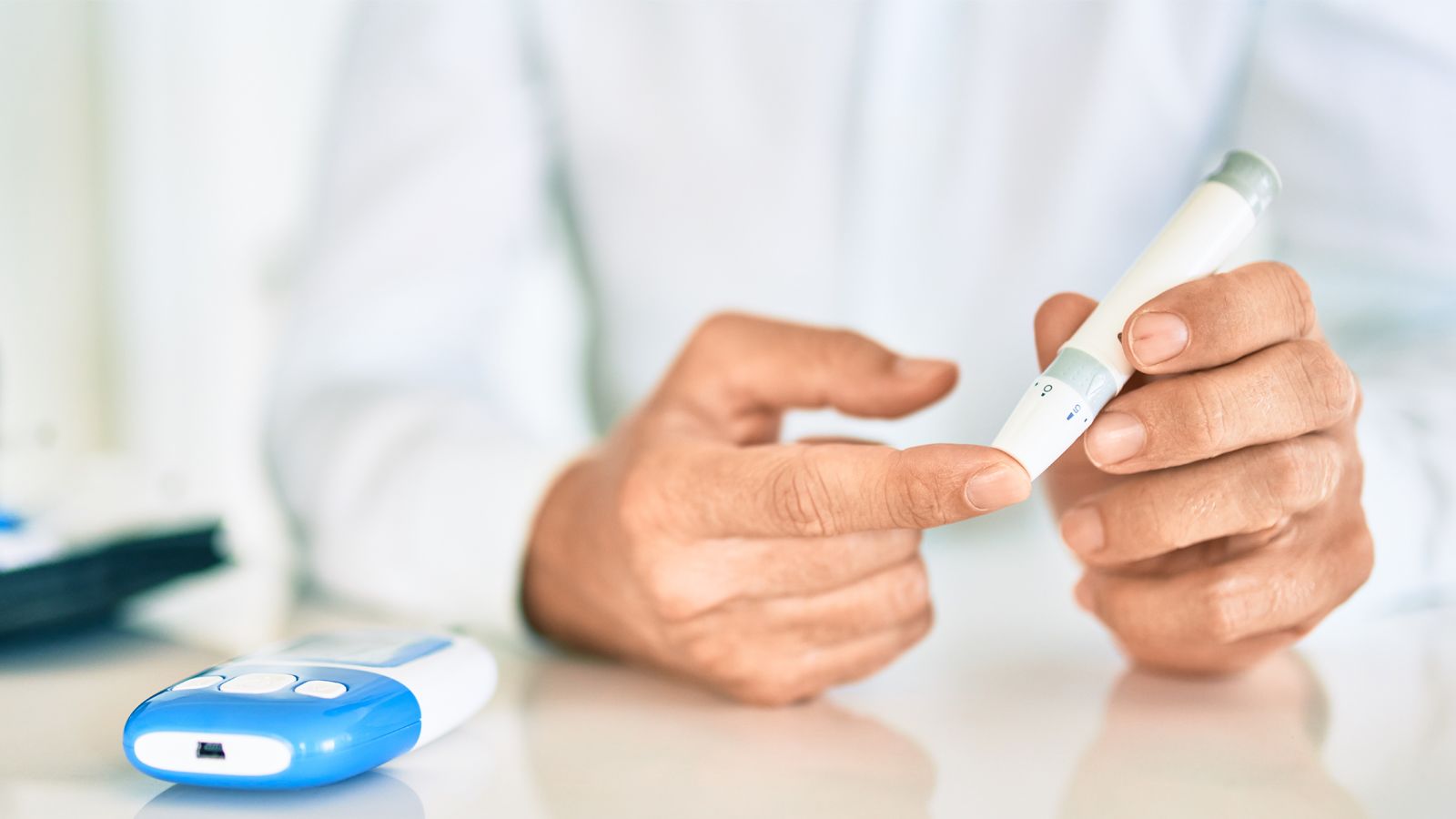

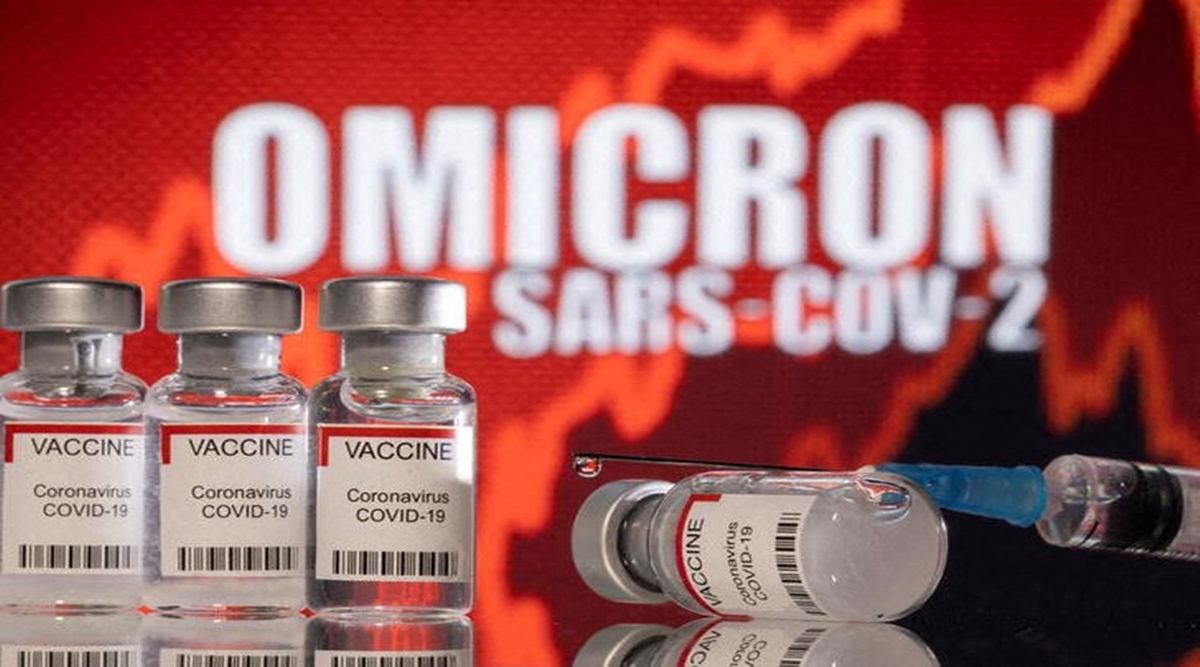
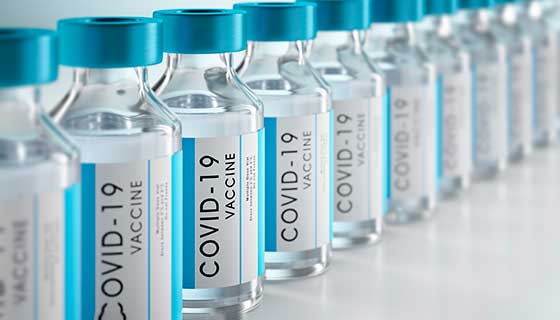
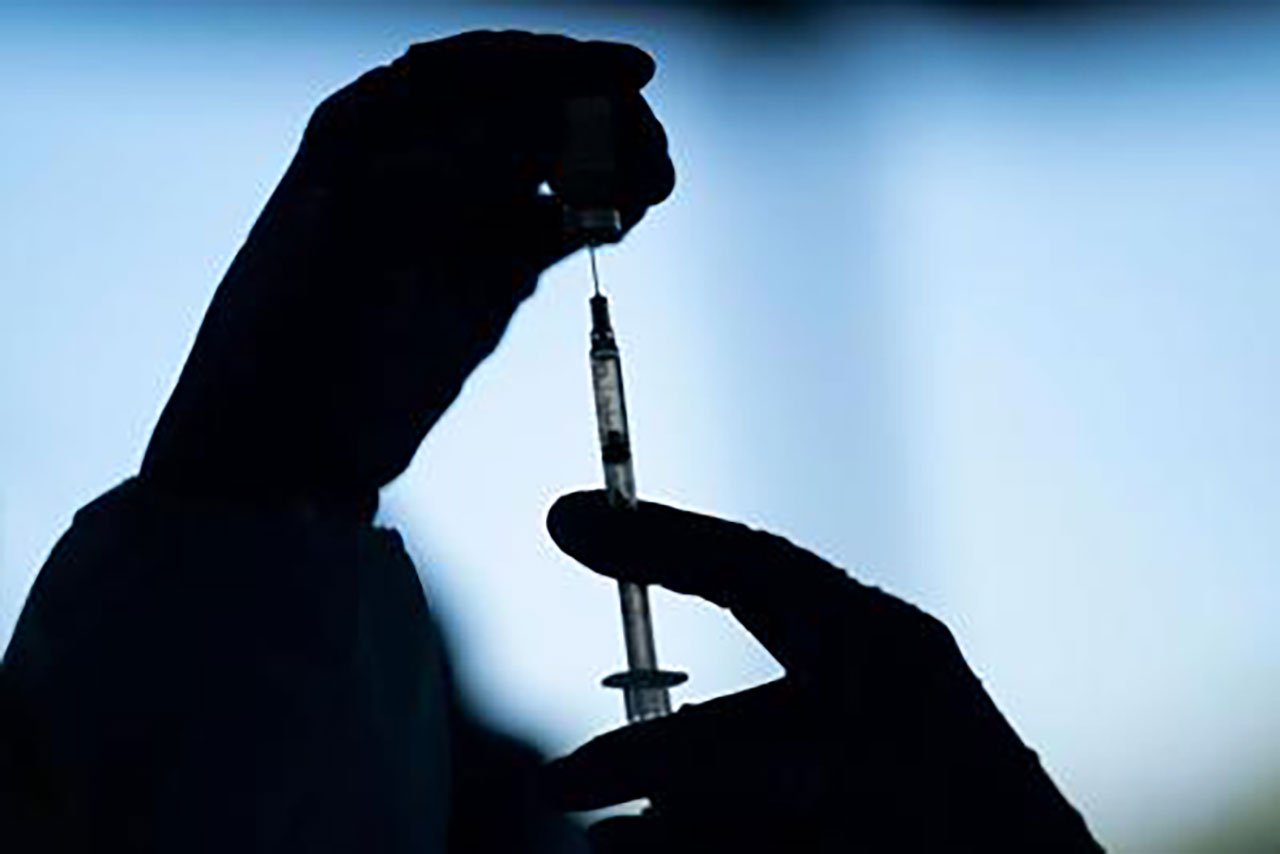
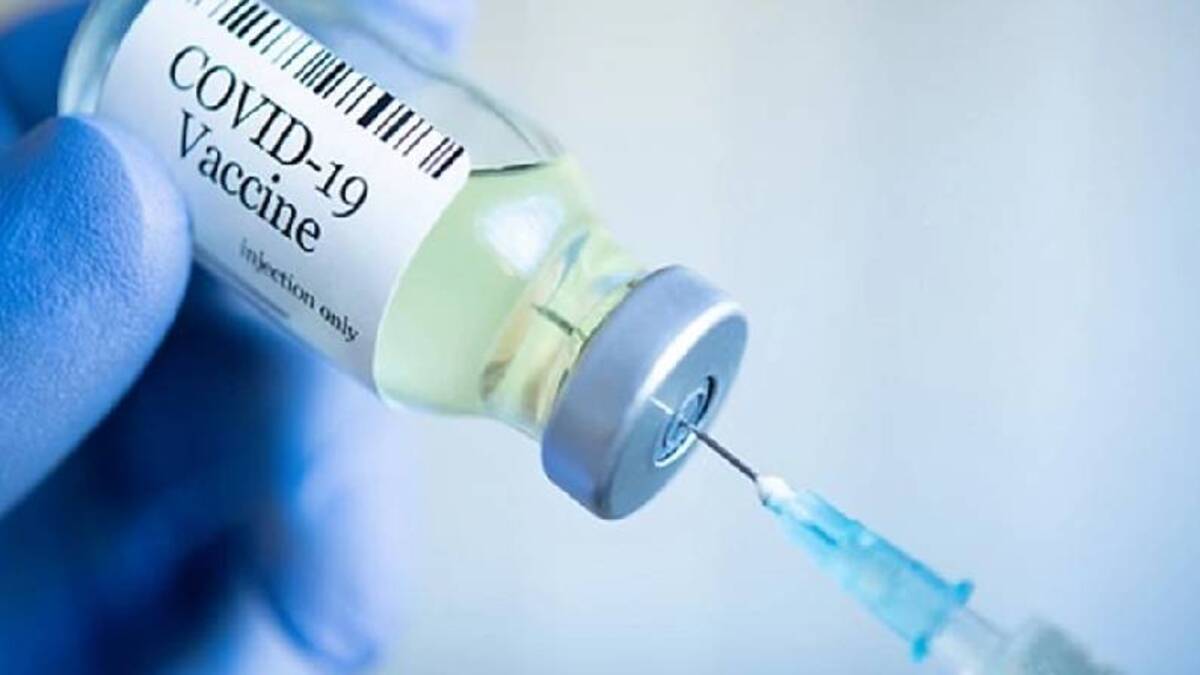

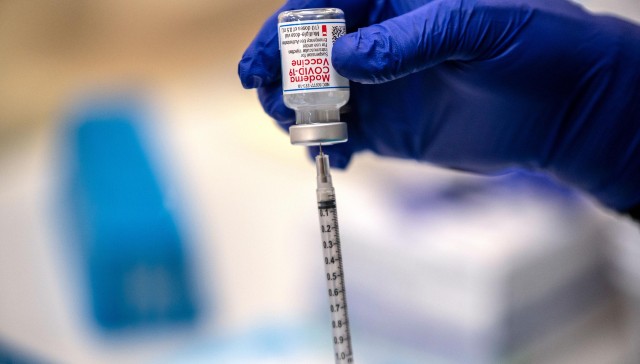
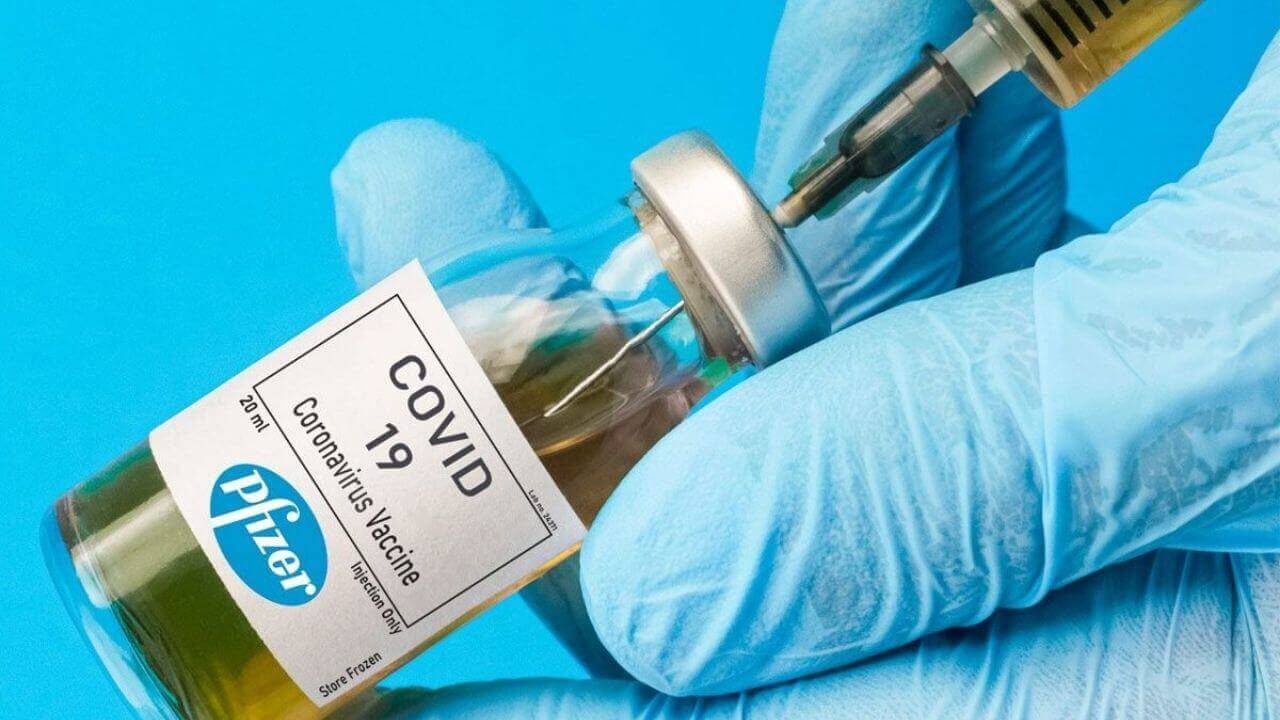






.jpeg)

.jpeg)










.jpg)




.jpg)

